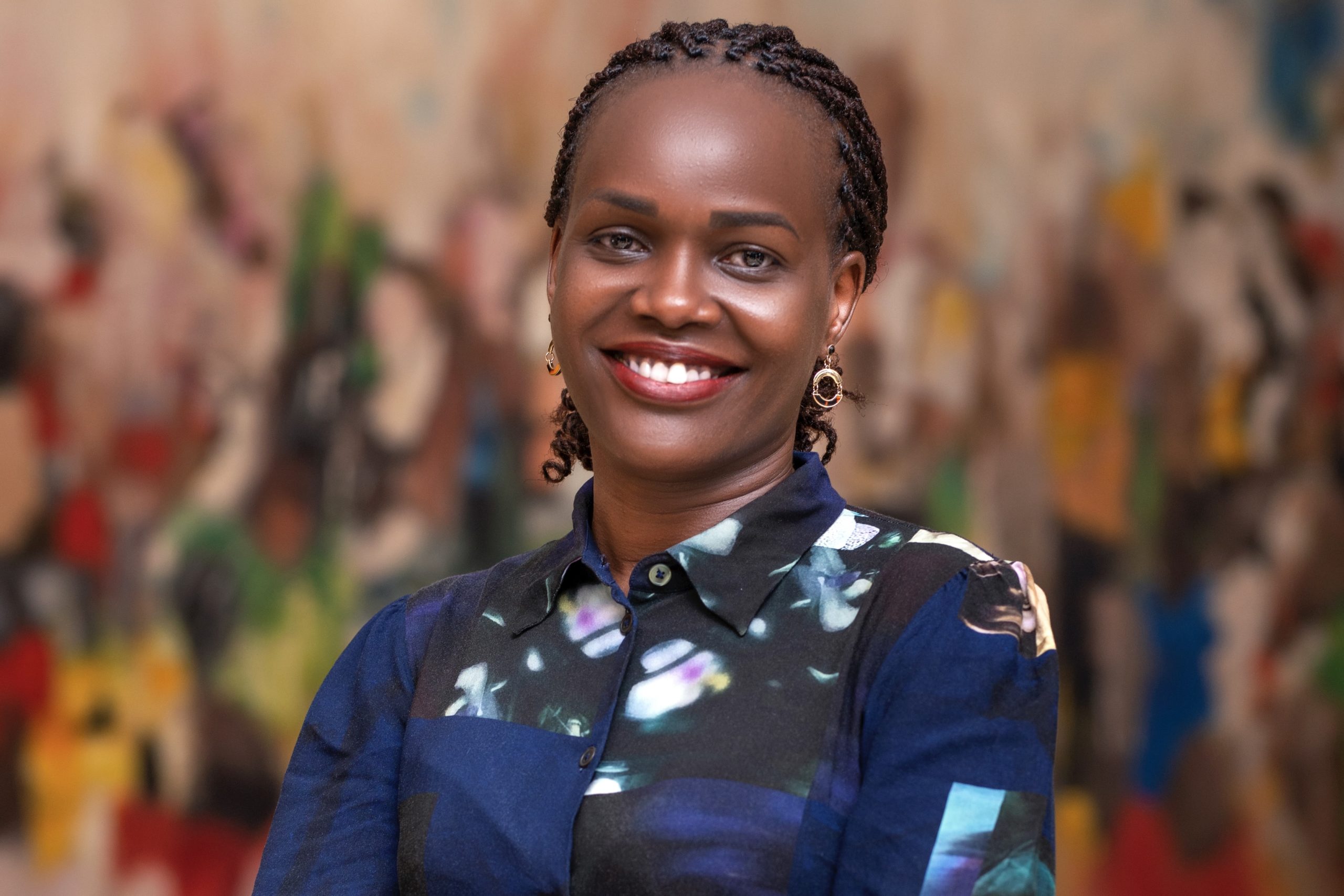Prime
Hope Kivengere finished well

Author: Muniini K Mulera. PHOTO/FILE
What you need to know:
- Hope’s character was founded on an excellent set of genes, inherited from parents with rightly celebrated intellectual, spiritual, and social endowments.
Dear Tingasiga:
Eloquent eulogies for Hope Kishande Kivengere, who departed earth a week ago, have reminded us about who and what she was. She was kind, generous, bright, independent-minded, non-conformist, courageous, patriotic, honest, professionally rigorous, loyal, a pan-Africanist, a peacemaker, and a diplomat.
She was a high achiever who neither threw her weight around nor craved recognition and public accolades. She had a refreshing disdain for titles and self-praise, yet she was one of the most effective, productive, and respected public servants. She was an emotionally well-grounded woman who navigated a patriarchal society as an equal citizen.
Hope wore these and other positive attributes as naturally as she breathed, smiled, and laughed. A conversation with her, even when holding very different views on Uganda’s politics and governance, was always time very well spent.
Not one to retreat to nasty language in defence of her position, she preferred logic and balanced commentary to sycophantic justification of her political leader’s actions and utterances.
None of this is surprising. Hope’s character was founded on an excellent set of genes, inherited from parents with rightly celebrated intellectual, spiritual, and social endowments. She was weaved together by successive attendance at some of the world’s best schools on three continents. She was continually refined, sharpened, and transformed by experiences in her homeland and many countries that she lived in or visited. Festo and Merabu Kivengere, Hope’s parents, are mostly remembered for their outstanding evangelical work as leaders in the East African Revival Movement.
Their personal attributes alone, regardless of their careers, would have helped nurture very well-adjusted and refined children. However, their professional training and experience as schoolteachers offered them an advantage in choosing excellent schools for their children and guiding them on their educational journeys.
Hope started her formal education at Hornby High School in Kabale, Kigezi. This school, founded in 1923 by Constance Hornby, an Anglican missionary volunteer, was the jewel of girls’ education in Kigezi in the 1950s and 1960s when Hope began her academic journey. Its founder, who had had training in England as a nurse/midwife, but none as a teacher, demonstrated that nothing was impossible. That became part of the school’s fabric and likely rubbed off on the alumni.
From Hornby, Hope proceeded to Gayaza High School, another all-girls’ school that was the finest of its kind in East Africa. Founded in 1905 by Anglican missionaries, Gayaza’s motto was “Never Give Up”, a spirit that Hope seems to have fully embraced during her short stay there. She relocated with her parents and her younger sister to Pittsburgh, Pennsylvania, USA where her father attended the Pittsburgh Theological Seminary. Her parents enrolled her at Ellis High School, an all-girls private school in Pittsburgh. Established in 1916 by Sara Frazer Ellis, the school’s motto was “To Be Rather Than to Be Seen”, a dictate that Hope adhered to in her later years of access to power and influence.
Hope’s headmistress at Ellis High School was Ms. Helen Moore. It is said of her that she allowed high school students to “involve themselves with real-world learning.” To do this, she brought visiting speakers for weekly assemblies and opened the school’s facilities to the communities.
Ellis High School describes itself today as a girl-centred institution that seeks to nurture secure and confident women with vibrant intellects, change-makers that are positive community members.
From Ellis High, Hope joined Chatham College, Pittsburgh, at the time an all-women university, where she studied languages. Founded in 1869, Chatham, is ranked one of the top three colleges in the USA for aspiring women leaders, and a “best college” by US News and World Report. (Chatham started admitting male students in 2014.)
Chatham’s founders’ dream was “to provide women with an education comparable to those which men could receive at colleges of the first class.” Its motto was: “That our daughters may be cornerstones, polished after the similitudes of a palace.” Hope exemplified that in her later life.
From Chatham, she joined Sorbonne University in Paris, France, one of the most prestigious universities in the world. Established in 1257, this is the university whose alumni includes 33 recipients of the Nobel Prize. Hope capped her formal education at the University of London, England, whose motto, “Let all who come by merit deserve the most reward”, would be the perfect epitaph for her. This highly gifted daughter of Kigezi and Africa earned her worldly rewards on merit.
When she returned to Uganda, Hope taught French at Makerere University and at the Institute of Public Administration in Kampala. She witnessed the dream of a free and progressive country, one she had left soon after independence, turn into a nightmare of violence, brutality, and socio-economic collapse of a failed state.
Not one to wait for others to fix things for them, Hope joined the rebellion that brought Museveni to power. As the President’s first press secretary, she midwifed a professionally run State House communication operation that helped the transition from ad hoc practices of a guerrilla movement to a complex formal government. Her tenure remains unmatched by the efforts of her successors. Even when one disagreed with the politics that she defended, one was confident that she was telling the truth as she knew it.
Her post-State House work in war-ravaged Somalia and Sudan, and as a member of intergovernmental and other regional organizations, were executed with courage devoid of drama.
However, none of that matters to Hope now. She has been released from this world to an eternal freedom granted to her by grace when she accepted Jesus Christ as her saviour. A crown of righteousness is the only decoration that counts now.
Her death reminded me, yet again, about the fragility of life. My wife and I last saw her on Christmas Day 2019. She appeared to be in robust health. After worship at St. Peter’s Cathedral, Rugarama, Kabaare, we went for lunch at the home of a mutual friend. She briefly joined a group of traditional dancers to celebrate life and culture.
It never occurred to me that when I bade her farewell, it was farewell. In my foolishness, I forgot, yet again, that her life, like mine, was a mist that appears for a little time and then vanishes.
Our sadness is eased by the knowledge that +Hope lived her last years in Jesus and died in Him. She is now in the presence of God who enabled her to finish well after seventy-two years on earth. To her family, peace, and hope.
Mulera is a medical doctor. [email protected]




